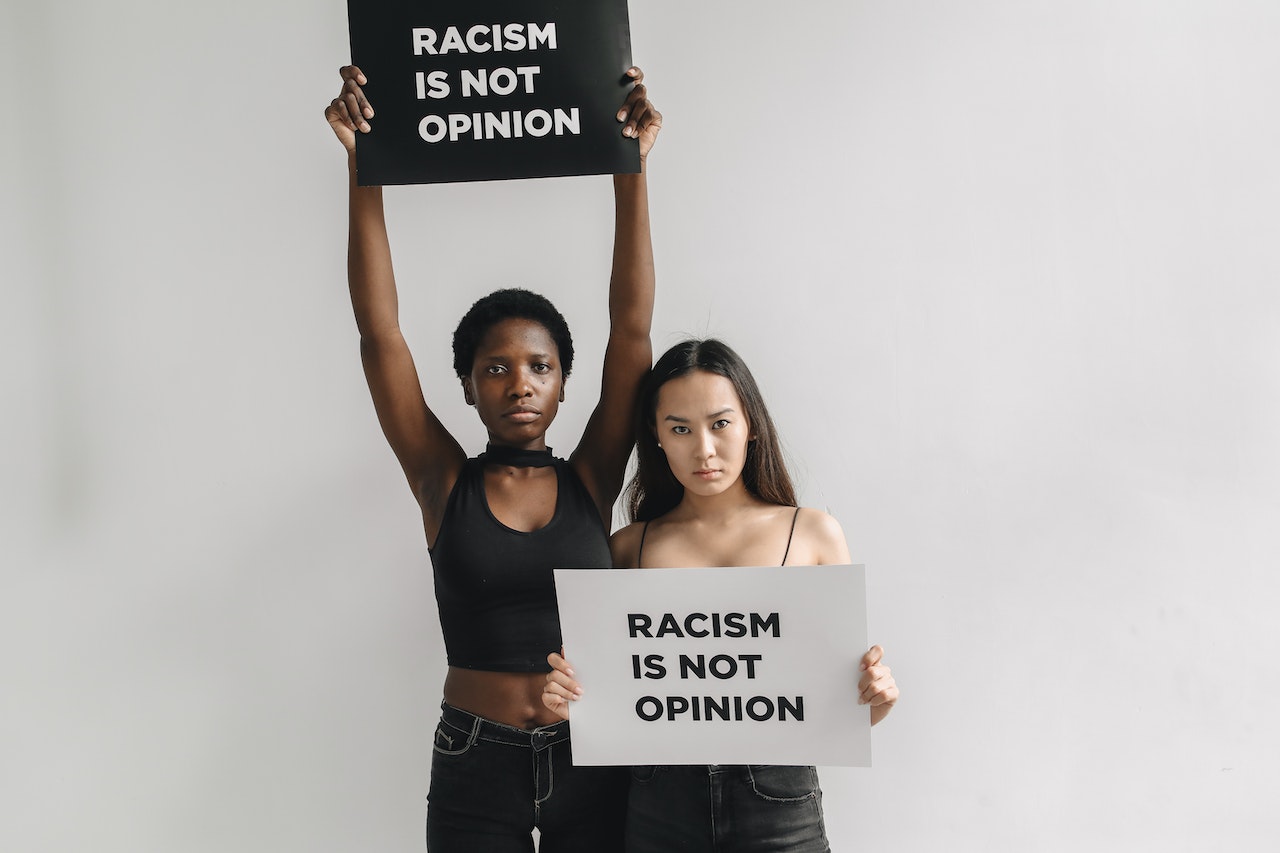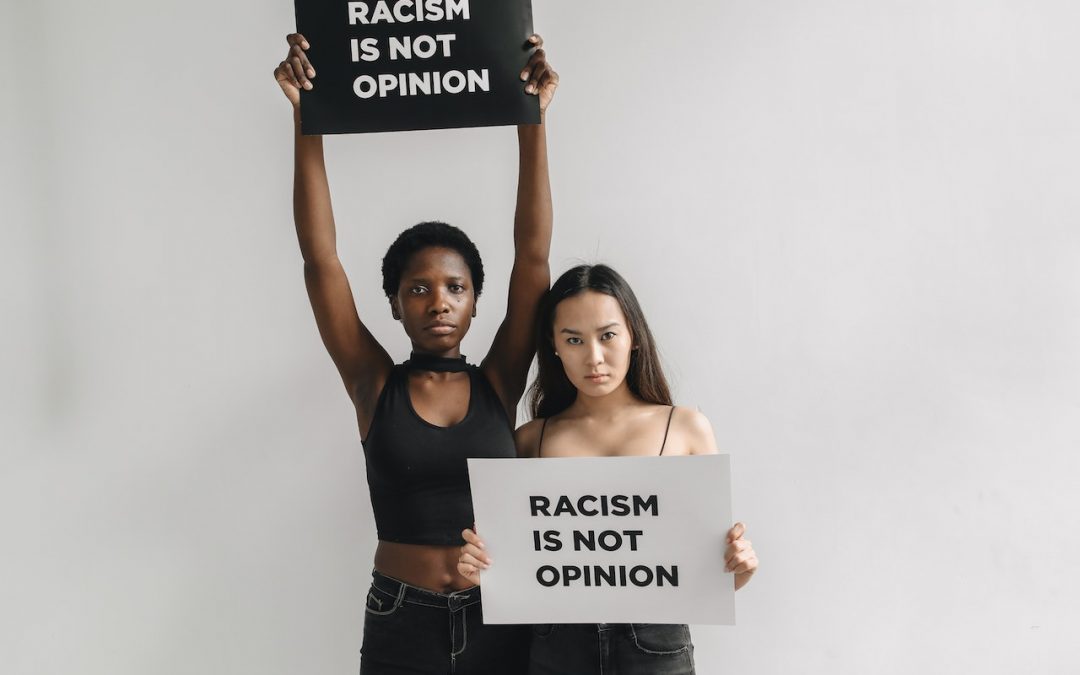
Racism, an insidious and deeply ingrained social issue, has long plagued our society and continues to disproportionately affect the Black community. The fight against racism is an ongoing battle that requires collective commitment, understanding, and action. In this blog post, we will examine the importance of eliminating racism, its impact on the Black community, and the critical need for community discussions to foster empathy, unity, and progress.
The Importance of Eliminating Racism
Dismantling racism is vital for creating a just and equitable society where all individuals can thrive. The benefits of eradicating racism include:
1. Social Justice: By eliminating racism, we work towards a more equitable society where opportunities and resources are accessible to everyone, regardless of race.
2. Improved Mental and Physical Health: Racism is a significant stressor that negatively impacts mental and physical health. By addressing racism, we can improve overall well-being and reduce health disparities within the Black community.
3. Social Cohesion: A society free of racism fosters unity, understanding, and collaboration among diverse communities, strengthening our collective ability to address other pressing issues.
The Impact of Racism on the Black Community
Racism has deeply ingrained and far-reaching consequences for the Black community:
1. Economic Disparities: Systemic racism perpetuates economic inequality, with Black individuals facing higher rates of poverty, unemployment, and wage gaps compared to their white counterparts.
2. Education Inequality: Racial disparities in educational resources and opportunities contribute to the achievement gap, limiting the potential for social mobility and economic success for many Black individuals.
3. Health Inequities: Racism contributes to disparities in access to quality healthcare, environmental conditions, and mental health support, leading to poorer health outcomes for the Black community.
In a wonderful conversation with Dr. Joy Degruy facilitated by SETSI the importance of our experiences and our culture was identified.
Dr. Joy Angela DeGruy holds a Bachelor of Science degree in Communication, a Master’s degree in Social Work (MSW), a Master’s degree in Clinical Psychology, and a PhD in Social Work Research. Dr. DeGruy is a nationally and internationally renowned researcher and educator. For over two decades, she served as an Assistant Professor at Portland State University’s School of Social Work and now serves as President and Chief Executive Officer of Joy DeGruy Publications Inc. (JPD).
Dr. DeGruy’s research focuses on the intersection of racism, trauma, violence and American chattel slavery. She has over thirty years of practical experience as a professional in the field of social work. She conducts workshops and trainings in the areas of intergenerational/historical trauma, mental health, social justice, improvement strategies and evidence based model development.
The Need for Community Discussion
To address and ultimately eradicate racism, it is vital to engage in open, honest, and inclusive community discussions. Here are three key reasons why these dialogues are crucial:
1. Awareness and Understanding: Community discussions provide a space for individuals to share their experiences and perspectives, fostering empathy and a deeper understanding of the impact of racism on the Black community
2. Challenging Stereotypes and Prejudices: By engaging in dialogue, people can confront and challenge their own biases and misconceptions, contributing to the dismantling of harmful stereotypes and prejudices
3. Collective Action and Solidarity: Community conversations can inspire and galvanize collective action against racism, fostering solidarity among different communities in the pursuit of a more equitable society.
Eliminating racism is essential for the well-being of the Black community and the creation of a just, equitable society. By engaging in community discussions, we can foster empathy, understanding, and solidarity in the fight against racism. It is time to acknowledge the impact of racism on the Black community and commit to sustained dialogue and action to build a future where all individuals, regardless of race, have the opportunity to thrive.




